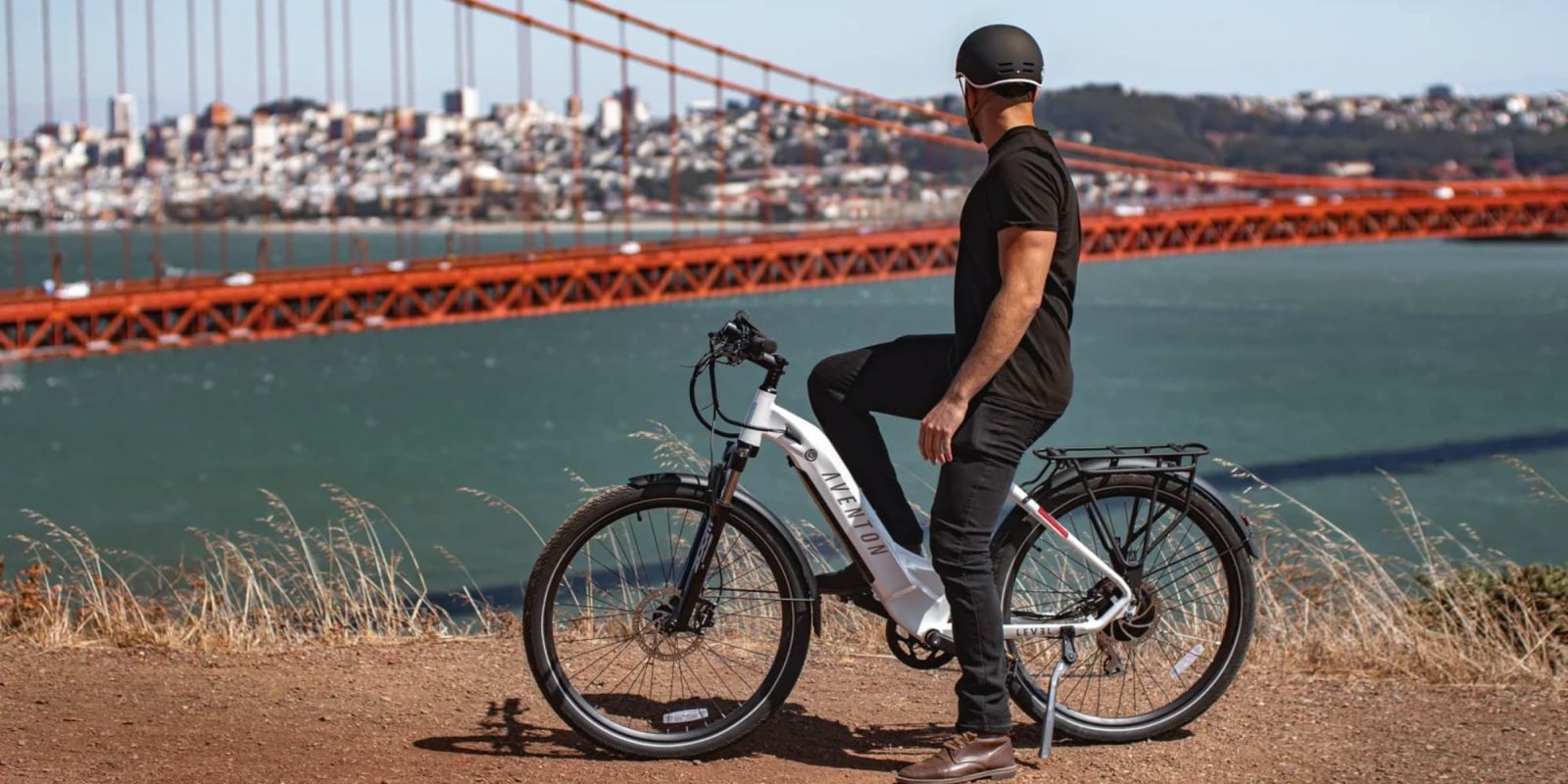Study finds electric bikes are 21% more fun and 13% more efficient than pedal bikes

Electric bikes, which provide motor assistance to make pedaling easier, have seen surging popularity over the past decade as a fun and efficient alternative form of transportation. One of the biggest successes of the e-bike movement has been creating new riders out of drivers that wouldn’t have otherwise considered switching from a car to a pedal bike. Now, a new study is showing just how much more efficient (and fun) e-bikes are than pedal bikes.
The post Study finds electric bikes are 21% more fun and 13% more efficient than pedal bikes appeared first on Electrek.
Electric bikes, which provide motor assistance to make pedaling easier, have seen surging popularity over the past decade as a fun and efficient alternative form of transportation. One of the biggest successes of the e-bike movement has been creating new riders out of drivers that wouldn’t have otherwise considered switching from a car to a pedal bike. Now, a new study is showing just how much more efficient (and fun) e-bikes are than pedal bikes.
The study, titled “It’s electric! Measuring energy expenditure and perceptual differences between bicycles and electric-assist bicycles,” was published in the latest issue of the Journal of Transport & Health.
The researchers compared pedal bikes to electric assist bikes from a bike share program with one-hour rides on each bike, finding that e-bike riders used 13% less energy than pedal bike riders and had 21% higher enjoyment.
Participants in the study first underwent a bicycle maximal fitness test and then had body composition assessed.
They were provided with a pedal bicycle and an electric assist bike from a bike share program to perform two one-hour rides in a park circuit.
The participants’ heart rates as well as the bicycles’ speeds were continuously recorded throughout the rides. Perceived exertion levels were reported by the participants at four intervals during the ride. At the end of the ride, participants reported their enjoyment, difficulty, and tiredness levels.
The study used paired T-tests to compare differences between the pedal bike and electric bike rides.
The results likely won’t surprise anybody: Riders on the pedal bikes used more exertion and energy with a resulting higher average heart rate.
According to the heart monitors, pedal bike riders reached a higher mean percentage of maximum heart rate (69.6%) than the e-bike riders (61.5%).
Measured on a 1 to 5 Likert scale, e-bike riders reported a higher mean level of enjoyment (4.6) than pedal bike riders (3.8).
Additionally, both perceived exertion and tiredness were higher for the pedal bikes than the electric bikes.
The study’s results, while interesting in their own right, should also be viewed within the limits of the study.
A small sample size of just 15 individuals is well below what most statisticians would consider reasonable for drawing broader conclusions.
The study also doesn’t provide details on the type of electric bicycle used or its power level.
And perhaps most importantly, the study used a rather simplistic form of energy consumption analysis based on heart rate data.
Even so, it’s hard to argue with the general conclusion that electric bicycles make it easier and more enjoyable to cycle compared to a traditional pedal bicycle without electric assist. They require less exertion (resulting in lower average heart rates), which contributes to the “I don’t arrive at work all sweaty” benefit of e-bikes compared to pedal bikes.
Electric bicycles have been the subject of an increasing number of scientific studies in the last few years.
Such studies are helping correct misconceptions and reveal interesting new data about electric bikes.
For example, it is a common misconception that electric bicycles don’t offer exercise benefits, despite many studies showing the opposite.
Some studies have even shown that electric bicycles offer even more exercise than pedal bikes because riders often end up riding longer than they would on a pedal bike.
FTC: We use income earning auto affiliate links. More.


